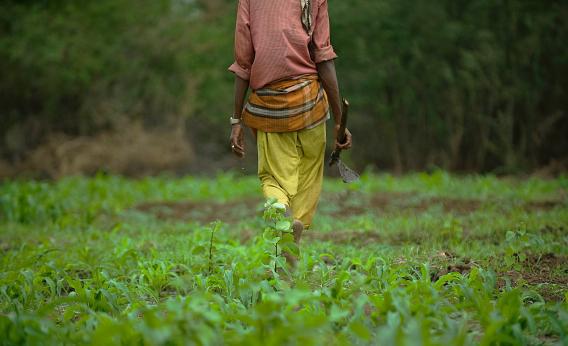Editor’s Note: This is from my weekly Globalpost.com column.
An African Agricultural Powerhouse?
The situation was grim. It was November 2005, and for more than a year, less than an inch of rain had fallen on much of the country. Irrigated tobacco farms, mostly foreign owned, had managed to survive, but in a land where 70 percent of GDP is based on farming — mostly an acre or less per plot — the prospect of extended drought raised the spectre of famine.
A desperately poor place, Malawi for years had been almost completely dependent on a mixture of tobacco export revenue, international aid donations and IMF and World Bank loans. Scientists have long understood that the vulnerability of the soil in Malawi and other places to drought was not merely a question of water, but also of nitrogen, the key ingredient in fertilizer that farmers elsewhere can afford but which was well beyond the reach of the average Malawian cropper.
So Malawi’s President Bingu wa Mutharika stepped in, funding the distribution of small amounts of fertilizer to farmers all across the country.
The World Bank, led at the time by Paul Wolfowitz, the former Bush administration deputy defense secretary, objected to this move, as did the IMF. But Mutharika persisted, and within one harvest season, his farmers not only produced enough food to feed itself, but also enough to donate to neighbors in need.
